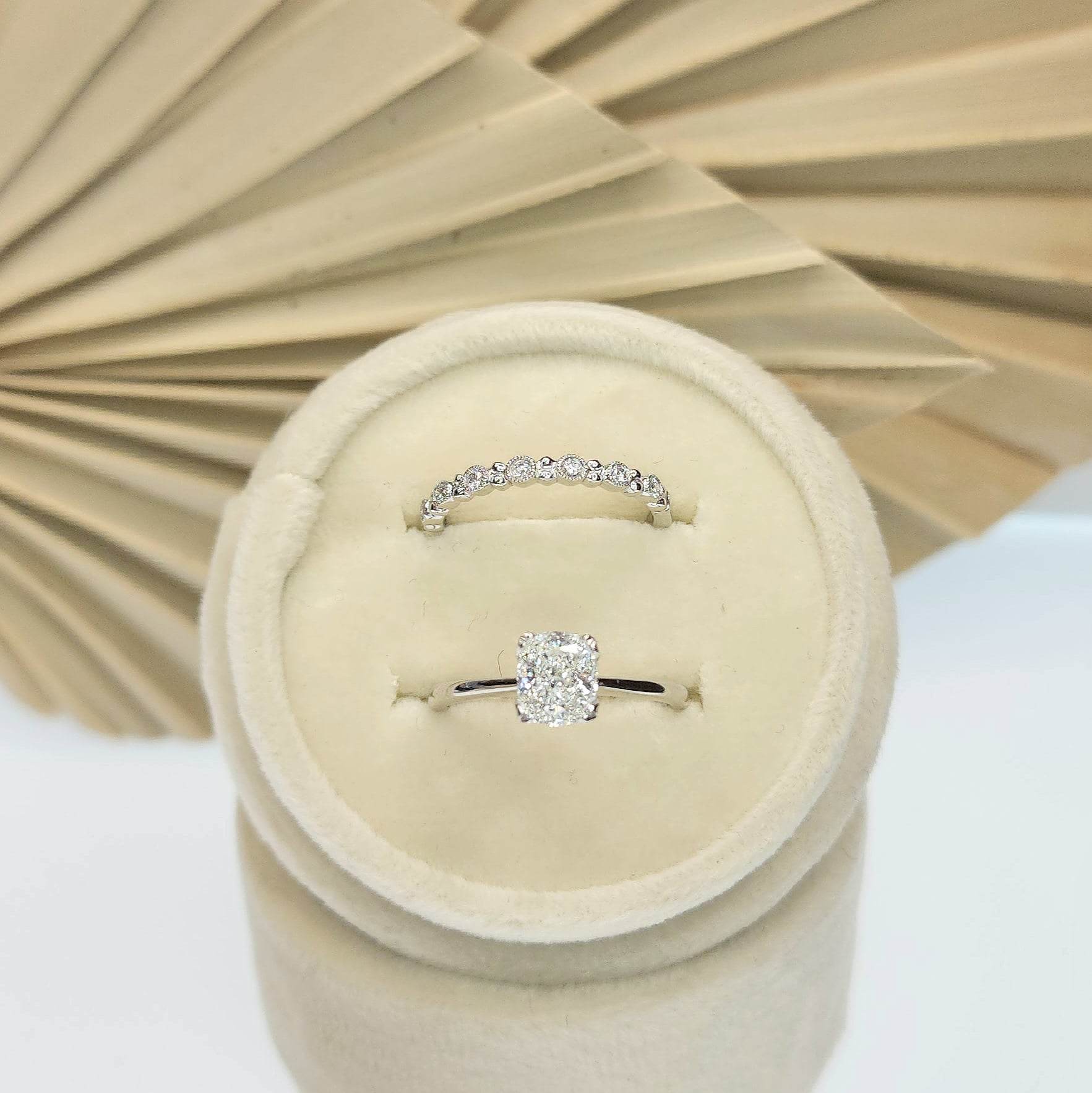Table of Contents
Introduction
Diamonds have long been celebrated as symbols of love, luxury, and exclusivity. However, the idea that mined diamonds are rare is a common misconception. In reality, diamonds are not as scarce as many believe. Let’s dive into why mined diamonds are not rare, exploring the factors that influence their availability and value.
Understanding Rarity
What Makes Something Rare?
Rarity is often defined by how difficult it is to find or obtain something. The less available an item is, the more people are willing to pay for it. This principle applies to various commodities, but when it comes to diamonds, the narrative is more complicated.
Common Misconceptions About Diamonds
Many people think diamonds are rare because of their high prices and the romantic stories that surround them. But just because something is expensive doesn’t mean it’s rare. The diamond industry’s marketing has created a perception of rarity that doesn’t align with reality.
The Diamond Supply Chain
Understanding the diamond supply chain is crucial to grasping why mined diamonds are not rare.
Global Mining Practices
Diamonds are mined all over the world, from Africa to Russia and Canada. In fact, the global supply of diamonds is substantial. Mining companies extract millions of carats each year. This widespread availability challenges the idea that diamonds are scarce.
Market Control and Pricing
The Role of Major Players
The diamond market is heavily influenced by a few major companies, often referred to as “the diamond cartel.” These companies control much of the supply, which allows them to manipulate prices. By limiting the availability of diamonds on the market, they create an illusion of scarcity.
Supply vs. Demand Dynamics
The balance between supply and demand is crucial. While the demand for diamonds remains strong, the supply continues to grow. This disconnect is a key reason why the perception of rarity doesn’t hold up when you look at the numbers.
Natural Formation vs. Availability
The Geological Process
Diamonds form deep within the Earth’s mantle under extreme pressure and temperature. While this process takes billions of years, it doesn’t mean that diamonds themselves are rare. There are vast deposits of diamonds waiting to be mined, indicating a significant supply.
Estimates of Diamond Reserves
Geologists estimate that there are enough diamond reserves to last for many decades, if not longer. The significant reserves and the continuous discovery of new mines contradict the idea of diamonds being rare.
The Impact of Lab-Grown Diamonds
Comparison of Supply
Lab-grown diamonds have changed the conversation about diamond rarity. These diamonds, created using advanced technology, can be produced in large quantities. This has added another layer to the supply of diamonds, further undermining the notion of rarity.
Shifting Perceptions
As lab-grown diamonds gain popularity, consumer perceptions are shifting. Many people are now choosing lab-grown options for their ethical and environmental benefits. This shift highlights that diamonds, whether mined or lab-created, are increasingly seen as accessible rather than rare.
Cultural and Economic Factors
Diamonds in Popular Culture
Diamonds are often portrayed in media and advertising as the ultimate symbol of luxury and romance. This cultural significance has perpetuated the idea of rarity, even when it doesn’t hold true. Understanding this cultural framing is crucial to unpacking the myths surrounding lab made diamonds.
Consumer Demand and Trends
The demand for diamonds continues to evolve, influenced by changing consumer preferences. While traditional diamond engagement rings remain popular, many consumers are now looking for alternatives. This growing trend affects the perception of diamonds as a scarce resource.
Conclusion
In conclusion, the idea that mined diamonds are rare is a myth perpetuated by marketing and cultural perceptions. The reality is that diamonds are widely available, thanks to extensive mining practices and the emergence of lab-grown alternatives. As consumers become more informed and discerning, the narrative around diamond rarity will continue to evolve. So, the next time you hear someone say diamonds are rare, you’ll know the truth behind the sparkle!

